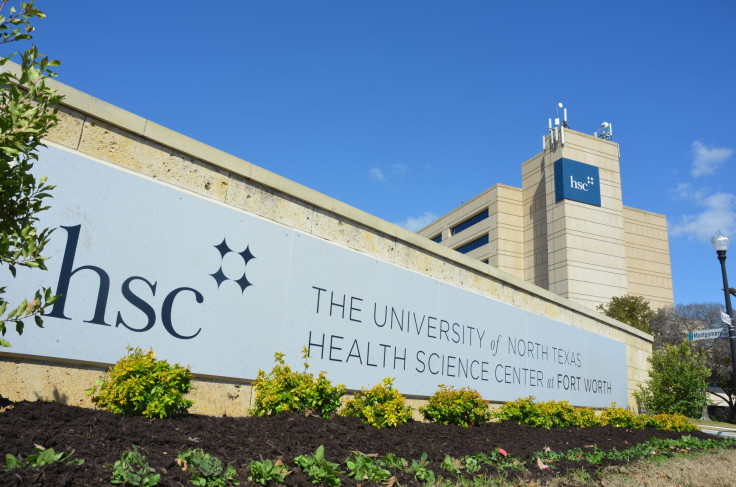
SEATTLE - For years, an agreement between Dallas and Tarrant counties provided the University of North Texas Health Science Center with hundreds of unclaimed bodies that were used by the center for dissection and study. But after months of investigations in the center's malpractices, the program was shut down on Sept. 13.
According to NBC News, the bodies were routinely collected from hospital beds, nursing homes and homeless encampments and used for training or research without their consent and often without the approval of any survivors. But amid the increasing scrutiny over its malpractices, the center announced in a statement that it was immediately suspending its body donation program and firing some of the officials who led it.
"As a result of the information brought to light through your inquiries, it has become clear that failures existed in the management and oversight of The University of North Texas Health Science Center's Willed Body Program," the statement said. "The program has fallen short of the standards of respect, care and professionalism that we demand."
Despite the multiple reports highlighting their unethical behaviors, officials from the University of North Texas Health Science Center defended their practices, arguing that using unclaimed bodies was essential for training future doctors.
Since 2019, more than 830 bodies were selected by the center for dissection and study. Victor Carl Honey, an Army veteran of almost 10 years, was among those whose bodies were offered to a state medical school. He died on September of 2022 and shortly after his body was frozen, cut into pieces and leased out across the country.
Reports from NBC mention that a Swedish medical device maker paid $341 to gain access to Honey's severed right leg to train clinicians to harvest veins using its surgical tool. His torso was bought by a medical education company in Pittsburg for $900 so trainees could practice implanting a spine stimulator, while the U.S. Army paid $210 to use a pair of bones from Honey's skull to educate military medical personnel at a hospital near San Antonio.
And according to reporters, this is not something that just pertains the state of Texas. As part of its "Lost Rites" investigation last year, NBC News found that coroners and medical examiners in Mississippi and nationally had repeatedly failed to notify families of their loved ones' deaths before burying them in pauper's graveyards.
That investigation led reported to North Texas, where the Health Science Center's body business was flourishing.
The center used some of the bodies to teach medical students, and in some cases, like Honey's, the bodies were parceled out to for-profit medical training and technology companies that rely on human remains to develop products and teach doctors how to use them.
According to financial records, the supply of unclaimed bodies helped the center bring in about $2.5 million a year from outside groups.
"The county and the medical school are doing this because it saves them money, but that doesn't make it right," said Thomas Champney, an anatomy professor at the University of Miami Miller School of Medicine who researches the ethical use of human bodies. "Since these individuals did not consent, they should not be used in any form or fashion."
Despite the damage it can cause families, the use of unclaimed bodies remains legal in most of the United States, including Texas. Many programs have halted the practice in recent years, and in some cases, like in Hawaii, Minnesota and Vermont, states have prohibited the use of unclaimed bodies.
Through public records requests, NBC News obtained documentation that revealed repeated failures by death investigators in both Dallas and Tarrant counties to contact family members who were reachable before declaring a body unclaimed.
Due to recent findings, commissioners in Dallas County recently postponed a vote on whether to extend their contract. Judge Tim O'Hare, the top elected official in Tarrant County also said he planned to explore legal options to "end any and all immoral, unethical, and irresponsible practices stemming from this program."
"The idea that families may be unaware that their loved ones' remains are being used for research without consent is disturbing, to say the least," O'Hare's office said.
© 2024 Latin Times. All rights reserved. Do not reproduce without permission.











